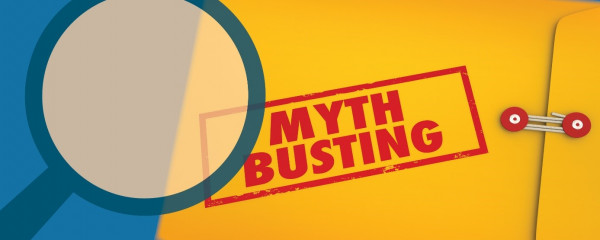Home » News & Events » Blog/Rangitaki »
Myth Busting: What Charities Services can do when you have an internal dispute
Charity registration applications are currently taking up to 20 weeks to process. We appreciate your patience.

Published 23 February 2022
When we’re out and about, we often hear myths about what charities, and Charities Services as the regulator, can and can’t do.
Our Myth Busting series is a regular feature where we address some misconceptions and bust some myths about registered charities, the Charites Act 2005, and Charities Services. This month, we’re looking at what Charities Services can do when there is an internal dispute in your charity.
Sometimes a dispute can arise within a registered charity. This could be between a charity’s members, within or between its governing or managing body, or between the charity and a third party (like a landlord or member of the public).
Some charities, and third parties, contact us hoping we can resolve these disputes. However, we are unlikely to investigate these matters, as they will rarely involve breaches of the Charities Act or involve serious wrongdoing. Charities are independent, self-governing groups, and are responsible for resolving disputes themselves.
It’s important that disputes are managed quickly as they have the potential to damage a charity’s reputation. An important part of running a charity is having policies and procedures in place for resolving these types of situations, whether in your rules or another document.
Having clear and practical policies and procedures in place usually means these issues can be resolved promptly and internally. As such they should always be your first point of call. You can find some example policies on CommunityNet Aotearoa - Introduction to policies![]()
In some cases, where disputes cannot be resolved internally, charities may need to seek external mediation or, in rare cases, go to court. If this involves interpretation of rules or contracts, seeking legal advice is important in these situations. We have further information on resolving disputes on our website here.